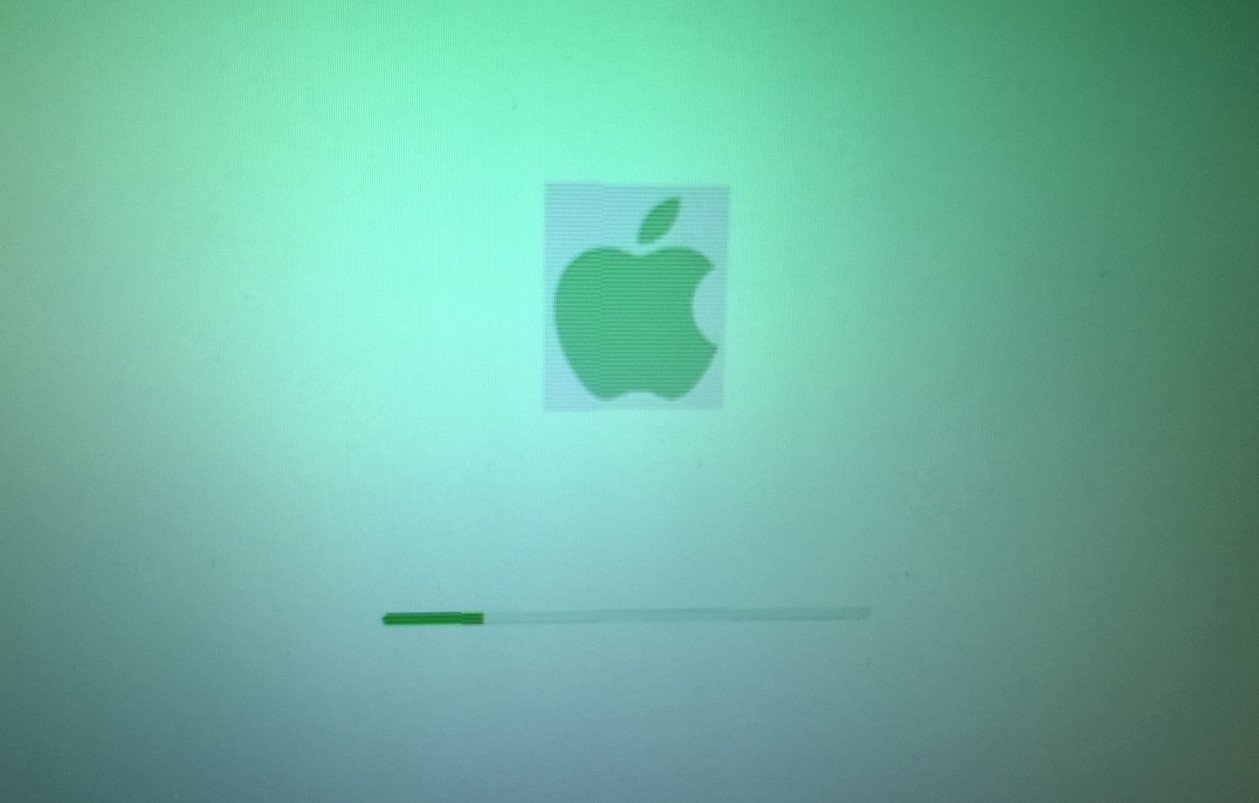Career
Teaching Jobs in Saudi Arabia: A Complete Guide
Foreign educators with a bachelor degree in their teaching field, a recognised certificate such as CELTA or PGCE, and a clear criminal record can secure well paid positions in Saudi schools and universities by applying through reputable recruiters or directly to institutions. With thousands of new classrooms opening under Vision 2030, the country remains one of the fastest growing destinations for teachers who want strong salaries, tax‑free earnings, and a unique cultural experience.
Demand for Teachers Across the Kingdom
Saudi Arabia has been investing heavily in education since King Salman’s National Transformation Program began. The Ministry of Education reported that the public school population reached 6.2 million in 2023, an increase of nearly 800 000 students in five years. Private international schools are also thriving, especially in Riyadh, Jeddah, and Dammam, where many expatriate families live and work.
One clear indicator of demand is the steady rise in job postings. According to Teach Away, listings for classroom teachers in Saudi Arabia grew by 18 percent between 2021 and 2023, outpacing the regional average. Subjects in highest demand include English, math, science, ICT, and early childhood. Universities and vocational colleges are focusing on STEM professors to support the country’s industrial diversification plans.

International branch campuses add to the picture. Prince Mohammed Bin Salman College, for example, partners with Babson College USA, while King Abdullah University of Science and Technology (KAUST) hires faculty from more than 60 countries. These institutions seek PhD holders, but they also run intensive foundation programs that employ experienced high school teachers.
Qualifications and Paperwork You Will Need
A bachelor degree remains the baseline for a Saudi work visa in education. The degree must match the teaching subject; an English major teaching physics is unlikely to pass document screening. Many private schools also expect:
- A teaching licence or postgraduate certificate, such as a PGCE, state licence, or Teaching Council registration
- For English language roles, a TEFL certificate of at least 120 hours (CELTA or equivalent is preferred)
- Two or more years of classroom experience, especially for leadership positions
- A clean background check from your home country
Visa processing takes four to ten weeks. You will be asked for authenticated copies of your diploma, passport sized photos, a medical check, and a signed employment contract. Make digital scans before you travel because you will be asked for copies at banks, landlords, and the Jawazat office.
Recent graduates sometimes consider visiting on a tourist visa to attend job fairs. Officially, you cannot work on that visa, yet in practice some schools interview candidates and then convert the status to a work visa after a contract is signed. Always confirm that the employer will handle the conversion; otherwise, you will need to exit and re‑enter, paying extra airline costs.
Salary, Benefits, and Cost of Living Snapshot
Saudi packages remain among the best in the Gulf. While wages vary by region, employer, and experience, most foreign teachers report monthly income that allows comfortable savings.
| Position | Typical Monthly Salary (SAR) | Housing | Annual Flights |
|---|---|---|---|
| Kindergarten Teacher | 8 000 – 11 000 | School provided apartment | One return ticket |
| Primary Teacher | 10 000 – 13 500 | Allowance of 30 000 per year | One return ticket |
| Secondary Teacher (STEM) | 12 000 – 17 000 | School provided apartment | One or two tickets |
| University Lecturer | 16 000 – 22 000 | Allowance or campus housing | Family tickets |
Public education is free for Saudi citizens, so private schools compete for tuition‑paying families by hiring foreign staff and offering bilingual programs. The cost of living varies: Riyadh has seen apartment rents jump about 12 percent in 2023, while smaller cities like Tabuk remain cheaper. Teachers often save between 30 percent and 50 percent of their salary because there is no income tax and utilities are subsidised. Groceries cost more than in many Western countries due to imports, yet fuel and public health care are inexpensive.
A survey by Expatistan shows that an individual living modestly in Riyadh spends about SAR 6 500 per month excluding rent, so a teacher earning SAR 12 000 with free housing can set aside roughly SAR 5 000 every month. Plenty of educators use that cushion to pay student loans or build a travel fund for exploring the wider region.
Where and How to Apply Effectively
Vacancies appear on global job boards, regional recruiters, and the websites of large school groups such as GEMS or SABIS. Word of mouth also matters; many principals trust referrals from current staff.
- Apply six to eight months before the August start date because paperwork is time consuming
- Scan your documents as high‑resolution PDFs and label them clearly to impress HR teams
- Prepare a brief video introducing yourself; schools like to see classroom presence
- Ask recruiters about family status benefits if you will bring a spouse or children
- During the interview, confirm whether the contract includes medical insurance and end‑of‑service gratuity
Networking helps. Attend education fairs in London, Dubai, or online events hosted by TES. LinkedIn is widely used by Saudi administrators, so keep your profile updated with professional development courses and tangible student achievement data.
Classroom Culture and Daily Life Tips
Saudi classrooms blend local traditions with modern pedagogy. You will likely teach a mixed group of Saudi and expatriate students who speak at least some English. Lessons begin with a short greeting and often a prayer. Weekends fall on Friday and Saturday, so plan assignments accordingly.
Adjusting to the climate takes patience. Temperatures in the summer can exceed 45 °C. Schools respond with extensive air conditioning, but outdoor PE classes shift to early morning. Drinking water regularly and dressing in breathable fabrics is essential.
Social life can be rewarding. Compounds for expatriates feature swimming pools, gyms, and recreational clubs. If you live outside a compound, expect strict gender separation in some public spaces, though rules have relaxed in recent years. Cinemas reopened in 2018 and concerts in Riyadh Season attract global artists. Alcohol remains illegal, so social gatherings revolve around coffee shops, restaurants, and desert camping trips.
Challenges and How to Handle Them
Bureaucracy can be slow. A poll by the International TEFL Academy found that 42 percent of teachers ranked immigration paperwork as their top stressor. Patience and organised files make the process smoother. Another challenge is occasional last‑minute timetable changes; administrative decisions can be top‑down, leaving teachers with little input. Keeping flexible lesson plans and a backup activity folder will save your sanity.
Cultural misunderstanding is another hurdle. An informal survey among expatriate teachers in Jeddah showed that students appreciate lessons when teachers include local examples and respect prayer times. Learning a few Arabic greetings such as “Sabah al‑khair” (good morning) goes a long way.
Finally, some educators feel isolated in remote cities. Join professional networks like Saudi Aramco Expat Teachers group on Facebook and attend regional conferences such as NESA (Near East South Asia Council of Overseas Schools). These gatherings provide workshops and social connections that beat homesickness.
| Common Challenge | Quick Fix |
|---|---|
| Heat fatigue | Carry electrolyte sachets and take shaded rest during recess |
| Language barrier with parents | Request a bilingual teaching assistant during parent meetings |
| Delayed salary transfer | Open an account with a bank that has a branch inside the school district |
Frequently Asked Questions
What is the best month to look for teaching jobs in Saudi Arabia?
Hiring peaks between January and March for an August start, though replacements are sometimes needed midyear.
Do I need to know Arabic to teach?
No, instruction in international schools is in English, but learning basic phrases shows respect and helps with daily errands.
Can I bring my family?
Yes, many schools provide family status contracts that include tuition discounts for children and larger housing allowances. Always confirm the details before signing.
Is there an age limit for teachers?
Work visas can be difficult to obtain for applicants over sixty. Candidates in their late fifties should check with the employer on current rules.
How long are typical contracts?
Most contracts run for two years with the option to renew. End‑of‑service bonuses are paid after two or more continuous years.
Are women allowed to teach boys?
Women teach boys up to grade three in many private schools. Above that level, classes are usually gender separated.
Can I find part‑time tutoring work?
Some teachers earn extra income tutoring, but the practice must be declared on your iqama to remain legal.
Is healthcare provided?
Employers are required by Saudi labour law to supply health insurance. Check the policy coverage and hospital network before arrival.
Conclusion
Teaching in Saudi Arabia offers competitive pay, strong benefits, and the chance to explore a rapidly changing society. If the desert sun and cultural differences appeal to you, start gathering your documents, apply early, and share this guide with colleagues who might want the same adventure.

 News11 months ago
News11 months agoTaiwanese Companies Targeted in Phishing Campaign Using Winos 4.0 Malware

 News11 months ago
News11 months agoApple Shuts Down ADP for UK iCloud Users Amid Government Backdoor Demands

 News10 months ago
News10 months agoJustin Baldoni Hits Back at Ryan Reynolds, Calling Him a “Co-Conspirator” in Blake Lively Legal Battle













